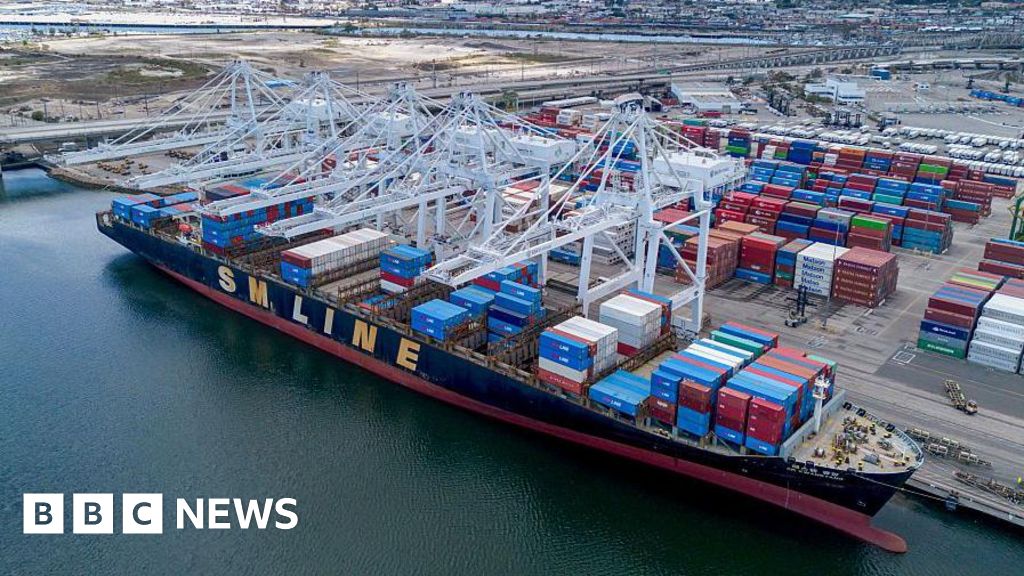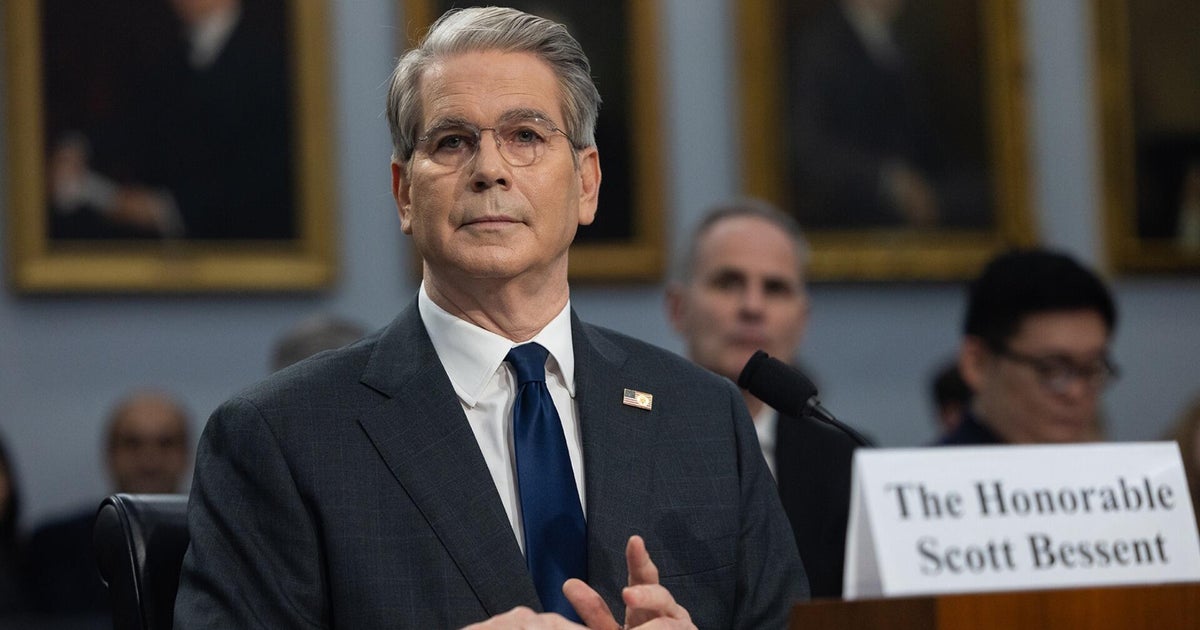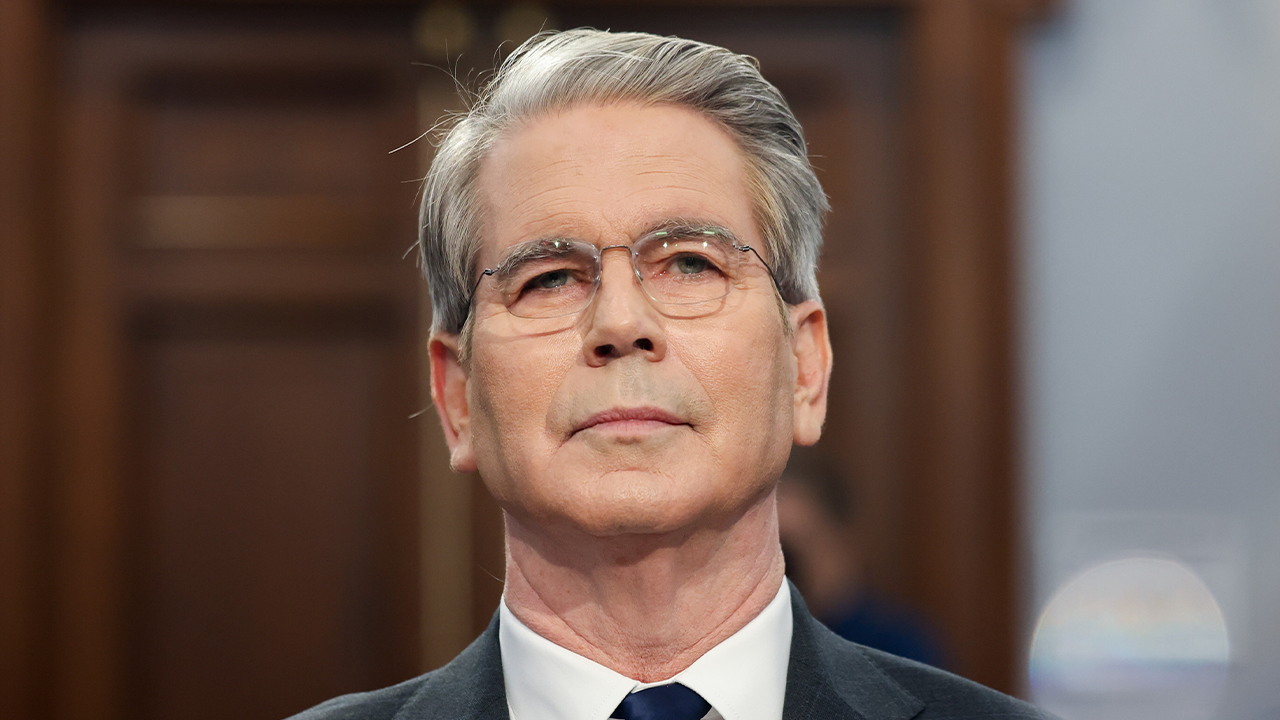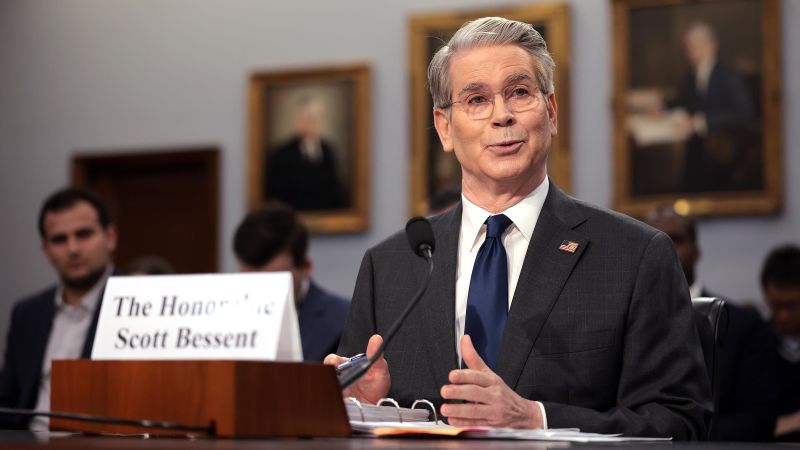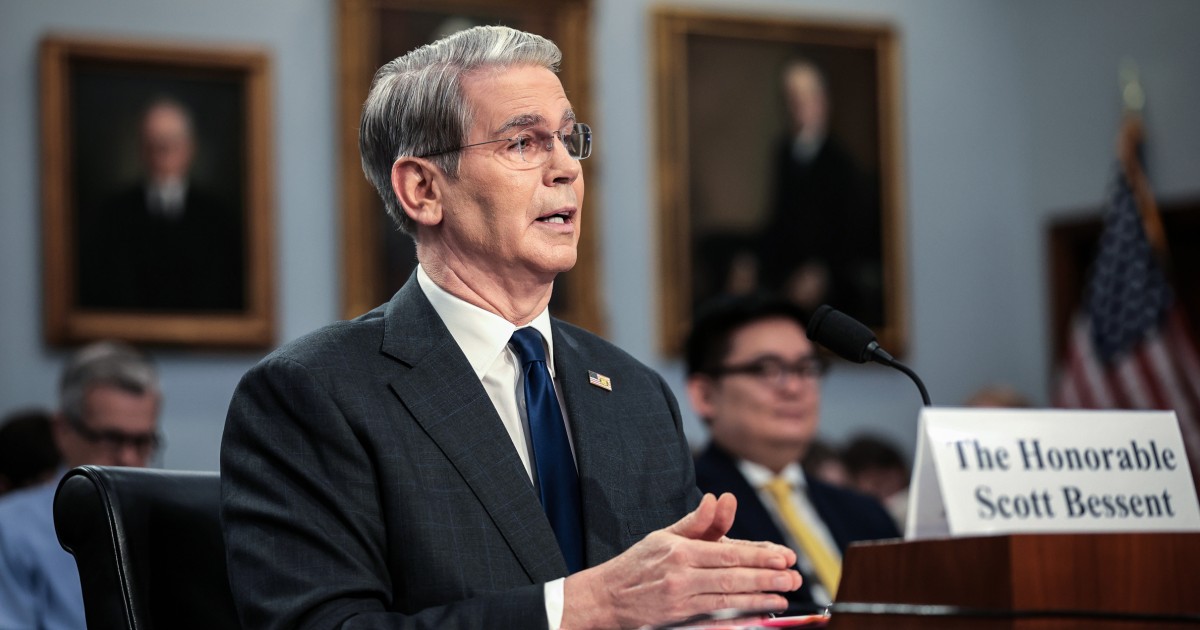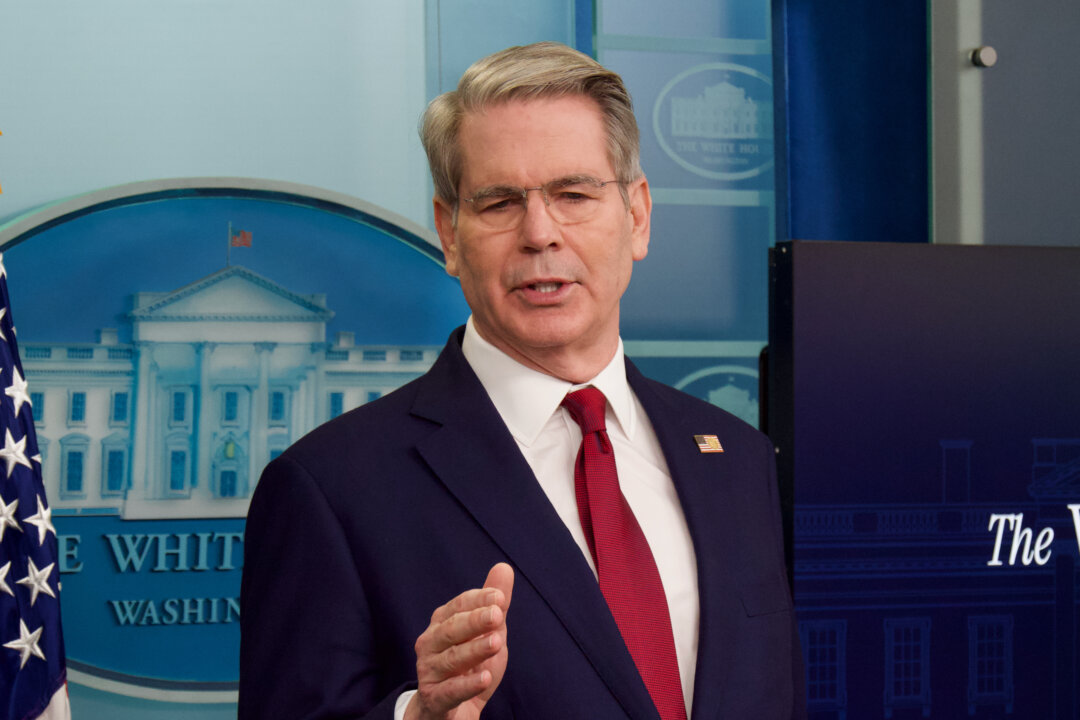US and China Set for First High-Level Talks Since Trade War Escalation
U.S. officials will meet with China’s vice premier this weekend, marking the first significant talks amid heightened trade tensions.
Overview
In a significant development, U.S. Treasury Secretary Scott Bessent and Trade Representative Jamieson Greer are set to meet with Chinese Vice Premier He Lifeng in Switzerland this weekend. This marks the first major dialogue since the trade war escalated sharply, with U.S. tariffs now at 145% and 125% from China. Bessent emphasized that while severe tariffs create an unsustainable economic environment, current discussions will focus on de-escalation rather than a comprehensive trade deal. Chinese officials have expressed a conditional willingness to negotiate, balancing their principles with external pressures. The outcome of these talks may impact global economic stability.
Content generated by AI—learn more or report issue.

Get both sides in 5 minutes with our daily newsletter.
Analysis
- Top U.S. officials are meeting with a Chinese delegation in Switzerland, marking a significant first step in trade talks since the tariffs were imposed. Both sides are seeking to de-escalate tensions, particularly given the high level of tariffs and their impact on global trade.
- Treasury Secretary Scott Bessent emphasized the importance of de-escalation and that these discussions are not about reaching a major trade deal immediately, but rather about laying the groundwork for future negotiations.
- Both sides acknowledge the unsustainability of the current tariff situation, with Bessent stating that businesses and consumers on both sides are suffering from the trade war's impacts.
Articles (14)
Center (7)
FAQ
The U.S. aims to rebalance trade relations, achieve reciprocity, open new markets, and protect America's economic and national security interests through negotiations with China aimed at de-escalation of the tariff war.
Chinese officials have indicated a willingness to negotiate, but only if the U.S. first lowers its stiff tariffs, as Beijing has denied prior claims of ongoing negotiations until this point.
American firms have begun canceling orders from China, postponing expansion plans, and reevaluating their supply chains in response to the escalating tariffs, which have made imports from China significantly more expensive.
The U.S. has imposed tariffs of 145% on Chinese goods, while China has imposed tariffs of 125% on U.S. imports, creating one of the highest tariff barriers between major trading partners.
Switzerland is a neutral venue frequently chosen for international diplomacy; here, the U.S. officials will also meet with Swiss leaders, allowing for privacy and a focus on trade matters away from domestic political pressures.
History
- 2M

 3 articles
3 articles
